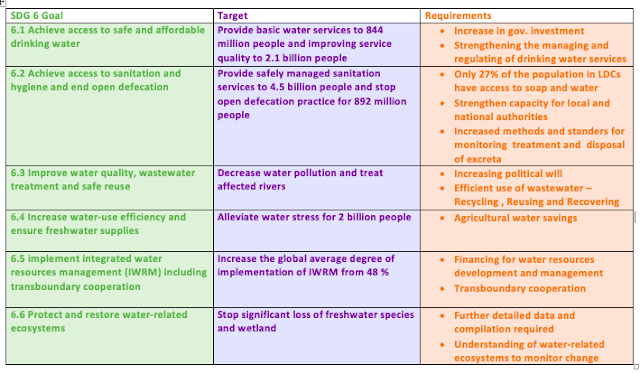'POOLITICAL'
This weeks blog will be discussing the case study of Cape Towns Poo Protests in 2013. These protests gathered worldwide coverage for the severe lack of sanitation and piped flushable toilets in informal settlements. In 2014 it was reported that a shocking 84,065 consumer units in South Africa used a bucket toilet and the largest percentage was found in Eastern Cape Town illustrated in Figure 1 (Statistics South Africa, 2015). The high percentage stated above using bucket toilets is dangerous as faeces can easily contaminate water and food. Disease related to contamination of drinking water is a huge problem facing Africa's health, leading to cholera and other diarrheal diseases.
 |
| Figure 1: Diagrams to show the use of bucket toilets in South Africa Source: Statistics South Africa, (2015) |
So what caused the Poo Protests? The protests were a result of grievance between informal settlement dwellers in Cape Town and the government for not providing modern flushable toilets (Robins, 2014). The leaders of the protest aim were to bring awareness to authorities of the extreme unhygienic nature of living amongst human faeces. To drive the message, protesters went around streets and the Cape Town International Airport spreading excrement and urine to illustrate the struggle to upper middle citizens of what it is like to be surrounded by the smell and bad sanitation on a daily basis.
What makes this a Political Issue? The title of the blog 'Poolitical' is a term used by McFarlane and Silver (2017) in their article "The Poolitical City: "Seeing Sanitation" and Making the Urban Political in Cape Town." I found this blog extremely insightful in discussing if the excess of human waste as being inseparable from the question of race, social segregation, and urban planning. They argue that toilets and sanitation is a fundamental right and they question the dignity of the poor is at the heart of a post-apartheid urban crisis. The article states that less than 2% of the water and sanitation capital budget was given to informal settlements and a lack of money is being spent on permanent toilet solutions.
The argument above is concurred by The Big Debate on Water & Sanitation linked below. In the first half of the clip, Ernest Sonnenberg a mayoral committee member describes the lack of support from the government in toilet sanitation as being caused by rapid urban growth and the lack of piped water systems due to unsuitable land. Johnny deLange, an ANC government water sanitation MP, recognises the slow pace of sanitation progress accounting this to poor planning. The community in the audience show outrage by the excuses given by the government and the "empty promises." A representative from the Socio-Economic Right Insitute concludes the government does have the money to solve this crisis yet there is a clear issue of governance. The poo protest was argued justifiably as "throwing faeces isn't nice but living in faeces is also not nice" - perhaps seen as needed to bring attention to the undignified conditions facing Cape Towns poorest.

Excellent post. Be good to read more of the challenge and debate over the kind of sanitation provision - flush toilets for the many or the few. What might be the obstacles to flush toilets for all?
ReplyDeleteHi Richard, I can refer you to my recent post on Water Sanitation for all Part 1 and 2 blogposts which I think address this! Please follow the links here :) :
Deletehttps://africas-impure-waters.blogspot.com/2018/12/pt1-water-sanitation-for-all.html and https://africas-impure-waters.blogspot.com/2018/12/pt2-water-sanitation-for-all.html
This is such an informative post, I loved the title and the questions that you asked within the post. The engagement of your writing with the clip also gives great strength to your post and narrative!
ReplyDelete(just to clarify, I commented the last post but removed it as I commented on the wrong account, sorry! :( )
Hi Niamh thank you for your comment and glad that you enjoyed it :)
DeleteHi!
ReplyDeleteInteresting blogpost! I was just wondering if the Poo protests changed anything in the future development/ planning? what was the government's response to it ?
Have you read anything about this?
Thanks,
Fiona
Hi Fiona, Hope you enjoyed it!
DeleteI believe that the poo protest was greatly successful in bringing attention to the problem globally and therefore putting pressure onto the government to make changes. However, the problem is still occurring, the concept of providing flushed toilets has in my opinion become heavily politicised. The clip of the big debate provides government responses, suggesting that quick urbanisation and bad infrastructure is a key obstacle. Although a spokesperson from the Socio Economic Institute reveals there is enough money but the money is not being used effectively.
I am planning to do a blog in the near future on the SDG of access to sanitation which will focus on African government steps forward! :)